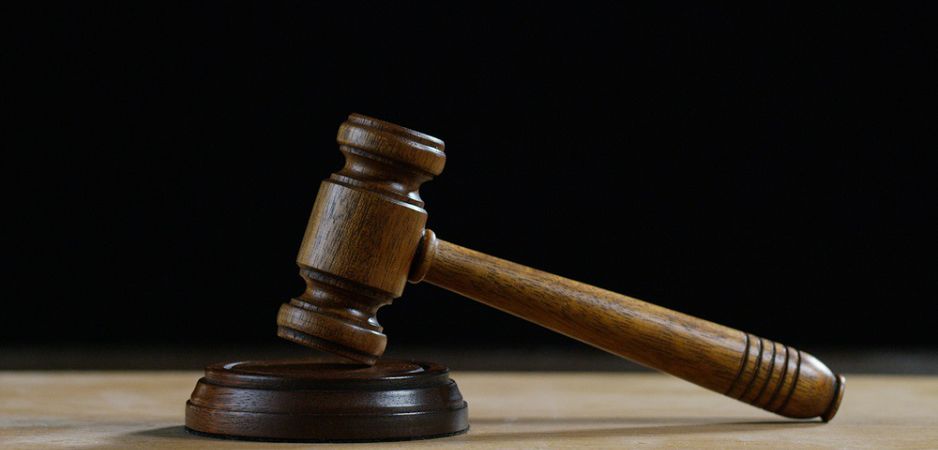On both sides of the Atlantic, from Washington to Warsaw, the rule of law is being challenged. Former Irish Prime Minister John Bruton explains.
The fact that the president of the United States has suggested that he might use his power to grant presidential pardons to shield himself and his family from possible prosecution shows that he does not understand the Constitution of his own country, or the “Western values” that he vowed to defend in his recent speech in Warsaw.
A basic tenet of the rule of law and of Western values is that justice requires that one not be a judge in one’s own case. In autocracies or absolute monarchies, the autocrat or monarch could be the judge in his or her own case. That does not apply in a constitutional democracy.
If President Donald Trump is contemplating awarding himself or his family a pardon, he is acting as judge in his own case.
US institutions need to show that they understand and are capable of applying these basic rule-of-law principles. They need to show that the president is subject to the US Constitution. This is necessary if the United States is to continue to give the sort of moral leadership to the world that its citizens believe it is capable of giving.
IN WARSAW…
Meanwhile, on the other side of the Atlantic, the European Union faces its own problems over judicial independence. On July 20, the Polish parliament passed a law that will allow for the sacking, and selective reappointment by the president, of the entire constitutional court. This politicizes the legal system of Poland in an unacceptable way.
It may mean that court judgments in Poland will, in future, be driven by nationalistic or other politically-motivated considerations, rather than by the words of law. If that were to happen, it would affect the rights of individuals and firms from other EU countries in their dealing with Polish authorities.
What can the European Union do about this?
Article 7 of the EU treaty allows the union to sanction a member state that is in “clear breach” of the values of the European Union. The values of the union are defined in the treaty as: “[R]espect for human dignity, freedom, democracy, equality, the rule of law and respect for human rights, including the rights of persons belonging to minorities.”
Some of these six values are open to widely differing interpretations, depending on one’s ideological preferences. So, EU institutions must be very cautious and maintain an objective detachment in the use of these powers under Article 7.
Of all of the values specified, the one that is easiest to define objectively, and with the least controversy, is the value of the “rule of law.” Indeed, without the rule of law it would be hard to see how the other values could be effectively upheld.
So, the European Commission is right to use its full powers in this case, no matter what difficulties that may cause for it. Poland has had fair notice of this and should not be surprised. Other EU member states will be watching. Authoritarian tendencies are not confined to Poland.
Of course, any action that is taken will be condemned as “interference from Brussels,” but sometimes interference from Brussels is needed to uphold basic values.
The views expressed in this article are the author’s own and do not necessarily reflect Fair Observer’s editorial policy.
Photo Credit: HQuality
Support Fair Observer
We rely on your support for our independence, diversity and quality.
For more than 10 years, Fair Observer has been free, fair and independent. No billionaire owns us, no advertisers control us. We are a reader-supported nonprofit. Unlike many other publications, we keep our content free for readers regardless of where they live or whether they can afford to pay. We have no paywalls and no ads.
In the post-truth era of fake news, echo chambers and filter bubbles, we publish a plurality of perspectives from around the world. Anyone can publish with us, but everyone goes through a rigorous editorial process. So, you get fact-checked, well-reasoned content instead of noise.
We publish 2,500+ voices from 90+ countries. We also conduct education and training programs
on subjects ranging from digital media and journalism to writing and critical thinking. This
doesn’t come cheap. Servers, editors, trainers and web developers cost
money.
Please consider supporting us on a regular basis as a recurring donor or a
sustaining member.
Will you support FO’s journalism?
We rely on your support for our independence, diversity and quality.






